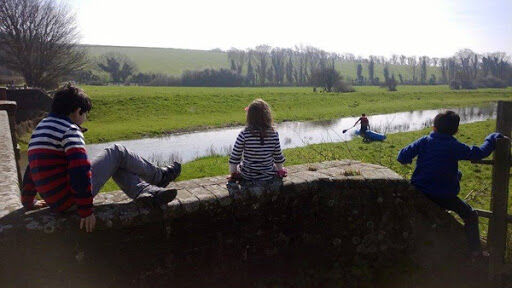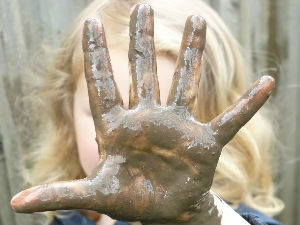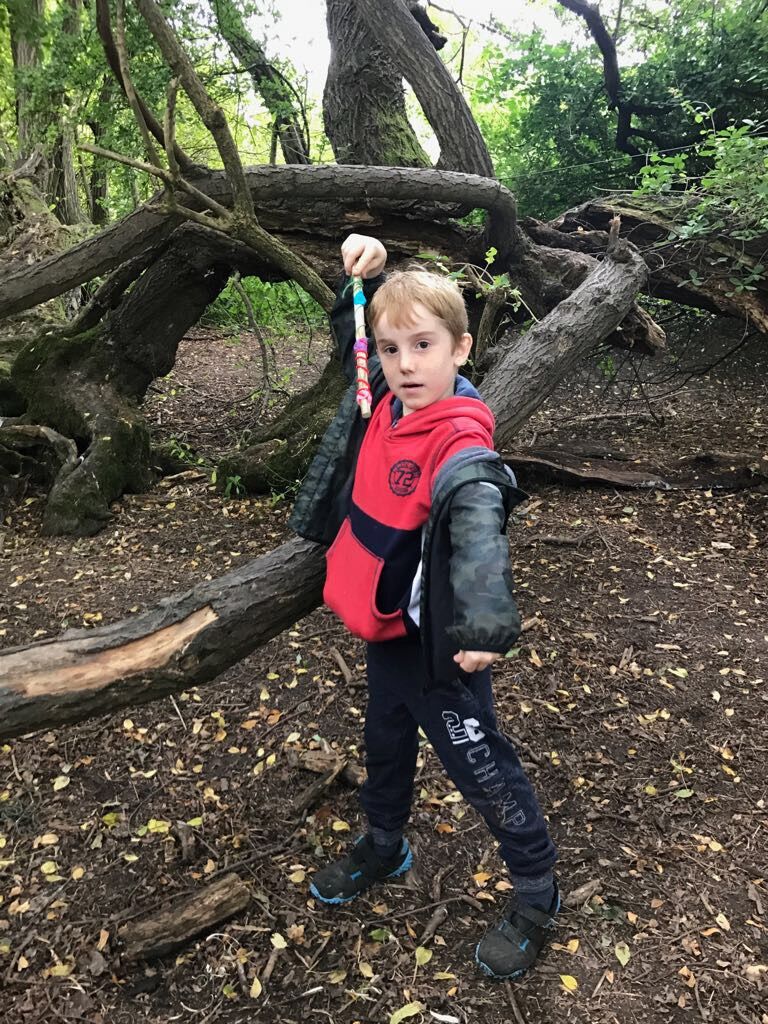The Importance of Outdoor Play

Building dens, climbing trees, playing pooh sticks by a river, kicking a ball in the street with your friends...these are all simple pleasures that many of us enjoyed as a normal part of our childhood.
Today's children are not so lucky and the impacts of this are becoming more and more apparent. According to a survey of 2,000 eight to twelve year olds, by TV channel Eden, 64% of children play outside less than once a week, 28% haven't been on a country walk in the last year and 20% of children in the UK have never climbed a tree, not even once.
A recent study by the American Medical Association on 'Resurrecting free play in young children' concluded that “Children will be smarter, better able to get along with others, healthier and happier when they have regular opportunities for free and unstructured play in the out-of-doors” but as the Eden survey shows us, our children are simply not getting these opportunities.
American author Richard Louv has coined the phrase 'nature deficit disorder' in his bestselling book 'Last Child in the Woods', to explain what is happening to our children; increased mental health issues, attention deficit, hyperactivity and obesity to name a few.
Yet, just five minutes of "green exercise" can produce rapid improvements in mental wellbeing and self-esteem, with the greatest benefits experienced by the young, according to a study this year at the University of Essex.
So what can we do? American psychologist Dr Peter Gray suggests some practical steps in his June 2014 TEDx Talk on 'The Decline of Play', including reconnecting with our neighbours in order to make the street a safer place for children to play, getting streets closed off to traffic at certain times of the day or week and having playground monitors to allow children (and parents) to feel safer to play unsupervised in our local parks and green spaces.
Watch his talk here The Decline of Play



